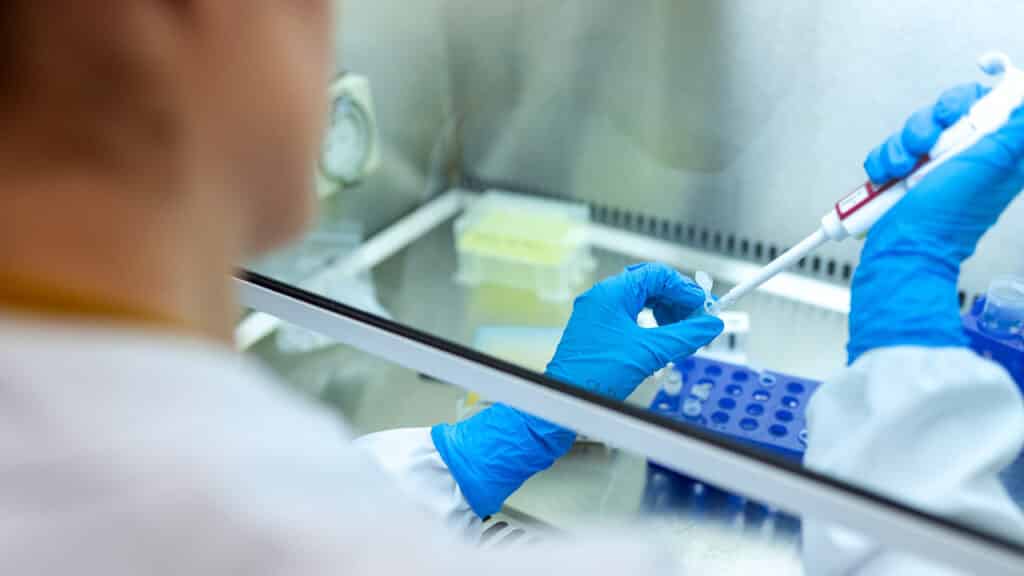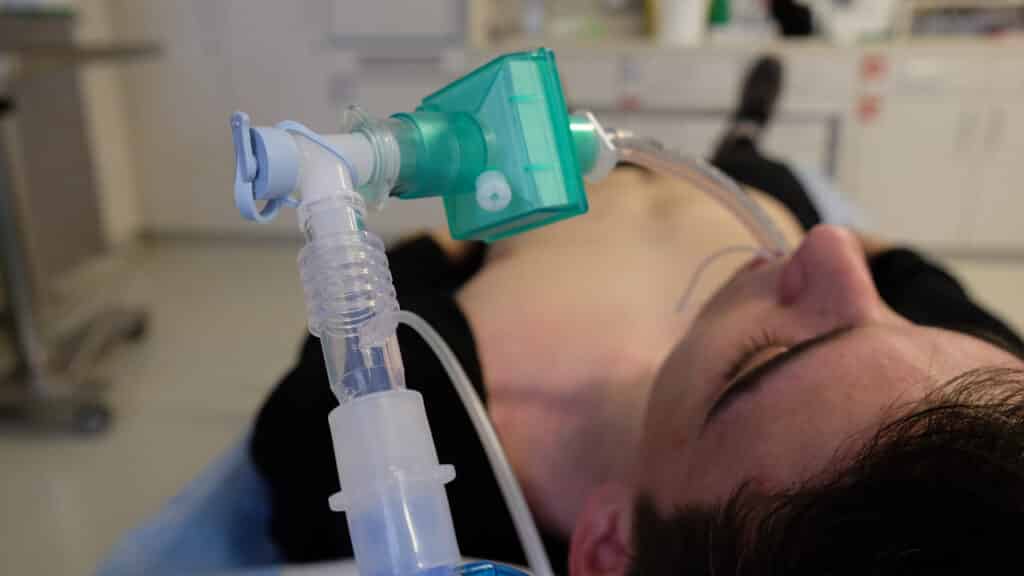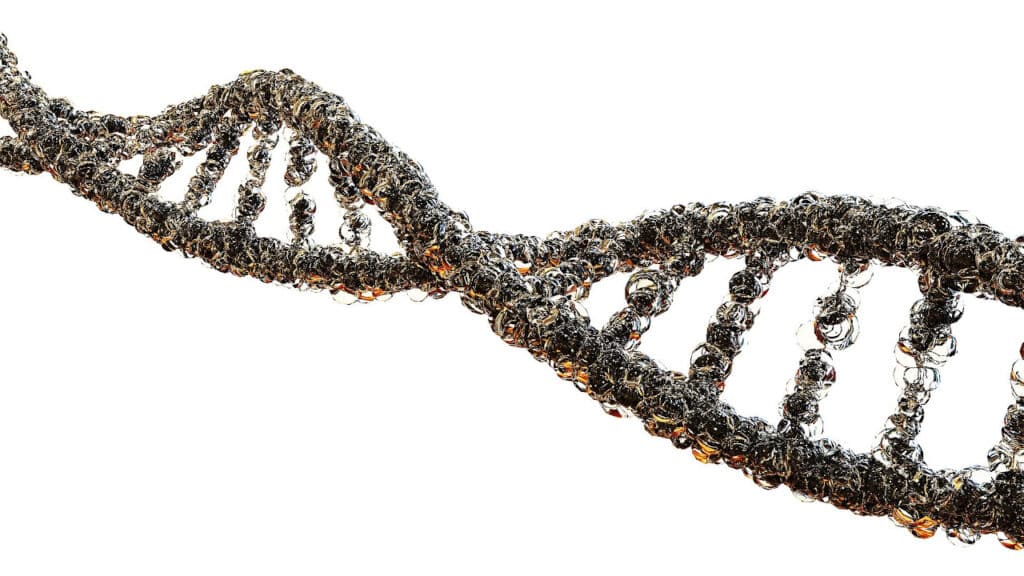The Top 3 Biomedical Technology Trends Covid-19 is Influencing

The number of people Covid-19 has killed is approaching one million. That is a stark reality that we all must accept. People working in the biomedical technology field are using it to fuel their drive to improve the world and humanity. Understanding how to stop the virus before it can infect anyone is the most ideal situation, but things like how to test for it, how to treat people with it, and how to care for people who have overcome it are all topics that professionals in biomedical technology are looking at.
What is Biomedical Technology
Biomedical technology has seen incredible advancements over the past few years. Breaking biomedical technology into its three core technologies make it much easier to understand. Biomedical technology is considered a combination of:
- Biotech in Pharmaceuticals and Diagnostics & Research Tools
- Info Tech in Hardware, Software, and Communications
- Nanotech in Electronics and Protein/DNA Structures
When we look at what makes up biomedical technology, it is literally on the bleeding edge of technology.
How Covid-19 has Influenced Biomedical Technology
To push the envelope forward in biomedical technology and find solutions to large problems like Covid-19, it takes an effort from developers, innovators, researchers, and governments alike. On the frontlines of most of these projects is IoT and projects started by people who want to help. Getting those projects built is key to them and the people behind them noticed. Working together and creating teams, even while halfway around the world, is imperative. Having said that, let’s see the top three trends in medical technology that Covid-19 is driving.

1. New Medical Devices
- Ventilator solutions are being discovered that are more affordable and work more like real lungs. When making it easier for patients with Covid-19 to breath is a challenge, advancements in these devices are very welcome.
- Home Oxygen concentrators have seen vast improvements in their membrane gas separation functionality. The effects that Covid-19 has on those who recover are yet to be fully understood, but diminished lung capacity seems to be a common trait. Pushing these technologies forward is key for many aftercare facilities and professionals.
- CAR-T immunotherapy through engineering T-cells to the point that they are more a device than a cell is being applied to many illnesses.
- Tissue engineering as another form of immunotherapy that looks very promising for lung and other tissue regeneration.
2. Biomedical Imaging
- AI-enabled pneumonia detection platforms are in high demand because of the devastating effect Covid-19 has on our lungs. Using x-ray images, deep learning and machine learning algorithms are used to analyze and alert to possible infection. Such granular-level image analysis technology has never before been achieved.
- Moving from a micro to a more macro view, bio process (how things move around in living things) imaging is the next technology that has been greatly improved. Seeing blood-flow to lungs, intestinal movements, and other functions related to Covid-19 symptoms is a priority for professionals in the medical field.
- As it has become more clear that Covid-19 has an effect on more organs than only our lungs, applying AI to advanced sonogram and MRI technology to enhance organ imaging technology is in high demand as well. This allows doctors and scientists to see our organs function (or not) in real-time and in 3D – this can drastically improve diagnosis of many illnesses.
3. Polymers and Biological Materials
- Antiviral polymer engineering on the nucleic level is an extremely promising field, specifically in regard to creating viral inhibitors which would effectively make Covid-19 inoperable.
- Gene therapy and cell therapy are polypeptide engineering technologies on the molecular to cell organ level and their efficacy on repairing damage done by Covid-19 on the cell organ level is currently being discussed in many fields.

The list above outlines trends in how biomedical technology is working to stop Covid-19 before it can get us sick (antiviral polymer engineering), how it is being used to treat people who already have Covid-19, or how it’s being used to assist those who have overcome it. We should say something about testing as well since it has been in the news so much recently.
Biomedical Technology for Covid-19 Testing
Testing for the presence of a virus (or other illness) is another field that biomedical technology is being applied to. Microfluid chip technology is a branch of microfluidics and has been around since the early 80’s. Only recently have advancements allowed for it to be applied to creating viral testing chips. We may see instant and highly accurate Covid-19 test kits soon – that’s very good news.
Not even five years ago, many of the things listed above were only concepts. People and teams brought them to life. Team building and working with an entire ecosystem of professionals can make your concept a reality. Take a look at TechDesign – they help bring together people with concepts and people with means.
The world and economies are changing and as they do, people need to change as well. Growth on societal issues as well as advancing biomedical technology for the betterment of humanity will play a huge role and be deciding factors in how we all move forward in the coming years.









